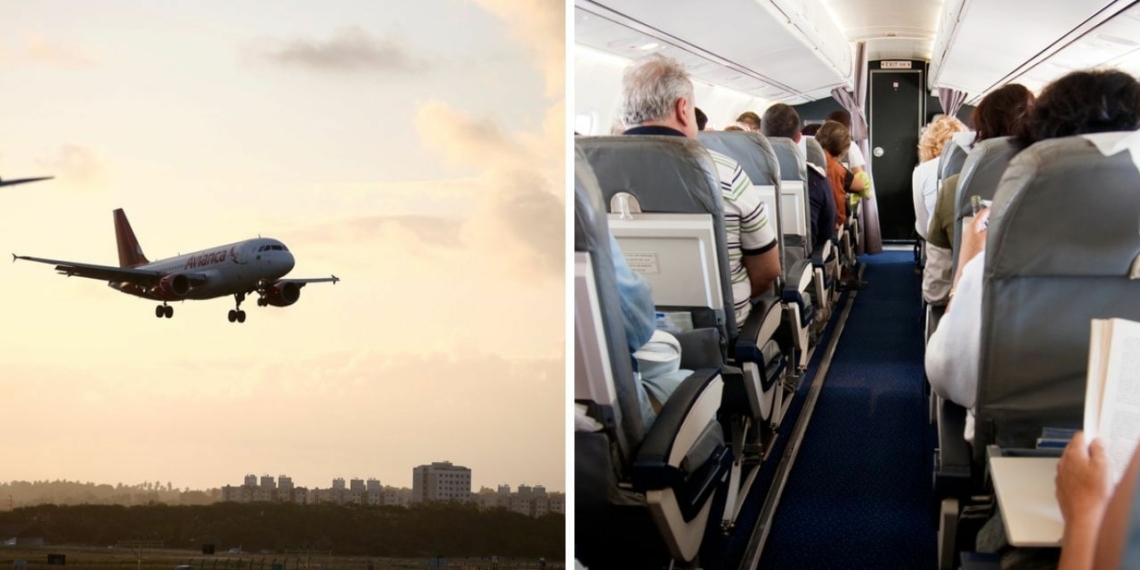The Delhi High Court on Wednesday stated that auto fares were higher than air fares stating that competitive airlines were incurring losses. A bench comprising acting Delhi high court Chief Justice Manmohan and Justice Manmeet PS Arora refused to cap air fares.
No relief for air passengers. (Photo credit: depositphotos)
New Delhi: The Delhi High Court refused to cap air fares stating that the airline industry was running into “huge losses” and adding that market forces should decide airfare pricing. A bench of acting Chief Justice Manmohan and Justice Manmeet PS Arora said that auto rickshaw fares are more than airline fares, today.
Data from the aviation industry body IATA shows that air fares are fuelled by a 150 per cent rise in jet fuel prices. Further, airlines are hit by staff shortages. To be sure, similar scenes were also seen with Tata Group-owned air carriers Vistara and Air India Express respectively being forced to cancel flights owing to sudden staff shortage. To be sure, this was resolved by expedient negotiations with employee unions.
The Delhi High Court disposed of two petitions which sought air fare pricing regulation, adding that a detailed order will be passed soon in the matter. The bench stated that the aviation sector in India is witnessing huge investments. “Let’s not make it more regulated,” the bench added. Stating that the aviation sector was well controlled, the bench stated that there was no need to tamper with every industry that was performing well.
The two public interest litigations (PILs) sought the capping of airfares across India to prevent arbitrary fleecing of passengers by airlines. The counsel representing aviation sector regulator DGCA made his opposition to the plea known and added that airfares were determined by the routes and availability of jets.
Why are air fares on the rise
Here are a few factors that are likely to be the reason behind the surge in air fares:
Airline strikes: As stated above, Tata Group air carriers Vistara and Air India Express were forced to cancel flights at different times this year owing to sudden staff shortage as a chunk of pilots and cabin crew, respectively, called sick for duty, leaving passengers in the lurch, To be sure, the airlines worked with employee unions to resolve the conflict and get back on track. However, since the cancellations took place during peak season passengers are left with lesser assured options to fly during peak vacation season.
Jet fuel prices: To be sure, jet fuel prices were slashed in April by Rs 502.91 per kilolitre.
However, the ongoing conflict in the Middle East has led to price volatility.
However, global jet fuel prices fell 1.1 per cent on a week-on-week to $101.15 per barrel in the week ending May 10, 2024, according to the IATA price monitor.
GoFirst crisis: The GoFirst bankruptcy proceedings have resulted in the loss of a major airline to passengers. The airline filed for bankruptcy as it failed to repay its aircraft lessors. Since then, the airline’s fate has hung in the balance with resolution still in process. This has led to capacity constraints across the sector, even as air carriers place orders for more jets to expand their operations.
According to travel industry analyst Henry Harteveldt, these factors have come together and the rise in air fares is purely “market forces at work,” the CNBC reported.





